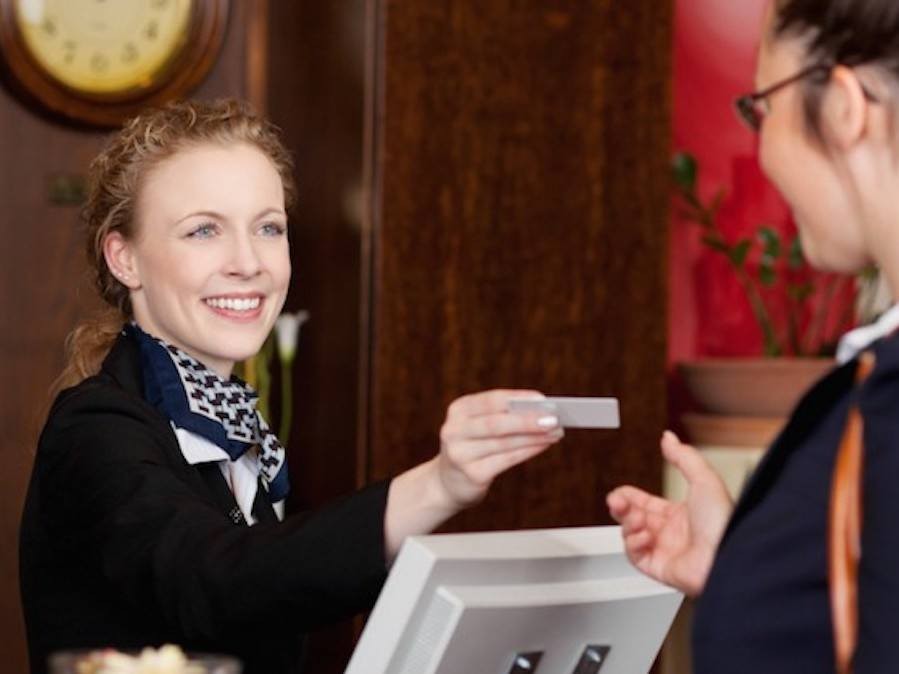Train Your Team To Deal With Unusual Situations

Last weekend my wife and I visited one of our regular eating places. The food is always good and the levels of customer service are usually high. It’s a little pricier than others but in my experience you get what you pay for. Well, most of the time.
Our meal was good. The ambiance was fine. The service was good too. Overall a very pleasant customer experience.
As our evening drew to an end we asked for the bill. It was presented in the customary way, discreetly in a wallet. We checked the bill in our customary way too. Everything was itemised. However, we noticed that an amount had been incorrectly charged – not overcharged but undercharged.
We discussed the options of what to do:
- Say nothing and have a cheaper night out than anticipated.
- Say nothing but leave a healthier tip than normal.
- Bring it to the waiter’s attention and pay up.
After a little debate we decided to opt for a blend of options 2 and 3. We called the waiter over and explained the error. We were content to point out the under charging and said that we’d make up the difference with our generous tip.
The waiter’s response took us by surprise. He very quickly took back the bill and said that it needed to be corrected. The waiter disappeared for quite some time and then returned with an amended bill reflecting the ‘true’ price for our meal. We paid and left a tip. The episode was quite transactional. Our memory of our evening was all about the bill. Our food, drink and ambiance were all quickly forgotten.
So how would you or how would you expect your team to have dealt with the incorrect bill?
Here are our top tips when dealing with unusual situations:
- Don’t make a fuss. People tend not to appreciate being made to feel awkward.
- Empathise. Look to see the situation from the customer’s perspective.
- Keep a mole hill as a mole hill. Keeping things in perspective will really help.
- Deal with the matter quickly. Customers like things this way.
- Do things with a genuine smile and ensure things are left in a positive way.
- Remember the golden rule of customer experience – first impressions are important but the most important impression is the last. It creates memories. Make sure they are positive ones.
And the restaurant? We would have much preferred the waiter to apologise, graciously accept the generous tip and move on. The impact of this would have made the food, drink and the ambiance the lasting memory - not the awkwardness in dealing with the incorrect bill.
So the learning is simple. We believe in marginal gains. To deliver the very best customer experience it's the little things that matter. Make sure your team are not only trained to deal with routine situations. Give them training on how to deal with the unusual situations (such as errors on bills, unusual requests etc.). Ask your team to remember or imagine those situations that can catch you out. Practice how to respond. It’s dealing with these unusual circumstances well that will give you and your team opportunities to deliver those wow! moments that customers love and tell others about.
Paul Beesley
Director and Senior Consultant
Beyond Theory

